You can’t find your car keys (again!). Or you’ve started to cook your favorite meal, only to forget the recipe. Or maybe you just entered your living room, and now you’re not sure why. It seems like the memory bandit strikes at the most inconvenient times. But how do you know if a memory lapse is no big deal or something more concerning?
“Not all memory loss should have you worried about Alzheimer’s disease. There are many other causes of memory loss — and most, you can treat,” says neuropsychologist Aaron Bonner-Jackson, PhD. Learn what conditions cause memory loss and what you can do about it.
What health issues cause memory loss and forgetfulness?
Several health conditions can cause memory loss and forgetfulness, including:
DEPRESSION AND ANXIETY
Can depression and anxiety cause memory loss? The short answer: Yes. “People dealing with depression or anxiety may find it harder to remember specific memories, events or facts,” says Dr. Bonner-Jackson. And some studies have even linked chronic stress with brain inflammation.
Depression has also been linked to dementia. Some studies have concluded that depression may be one of several early warning signs of dementia. “Both dementia and depression may lead to less gray matter in the brain,” he adds. “Gray matter is responsible for memory and emotions.”
THYROID DISEASE
An underperforming thyroid (hypothyroidism) or overperforming thyroid (hyperthyroidism) can result in cognitive symptoms. That’s because the butterfly-shaped gland is your body’s main producer of hormones that regulate organ function — including your brain’s.
“Thyroid conditions can lead to memory loss and brain fog,” says Dr. Bonner-Jackson. “But they are highly treatable. Most people get better with a daily thyroid pill.”
DIABETES
Maintaining steady blood sugar (glucose) levels is critical to managing diabetes. “Blood sugar is your body’s main source of fuel. If levels aren’t just right, they can affect your ability to function,” explains Dr. Bonner-Jackson. “Over time, too much blood sugar can damage the brain. Too little can lead to hypoglycemia, which in severe cases causes confusion.”
Diabetes can also damage blood vessels, increasing your heart disease and stroke risk. Without proper blood flow to your brain, your memory may suffer.
COVID-19
While most people recover from COVID-19 with no issues, around 20% to 30% of people develop “long COVID” symptoms weeks later. These symptoms include memory problems, especially when storing and recalling new memories. Scientists are still trying to figure out who’s most likely to have cognitive issues after a COVID-19 infection. Some think it results from brain inflammation.
LYME DISEASE
Lyme disease is an illness you can get from ticks. When an infected tick bites you, it may pass bacteria into your bloodstream over several days.
“Lyme disease causes inflammation throughout your body and in your nervous system,” says Dr. Bonner-Jackson. “One of the main symptoms of Lyme disease is a bullseye rash where the tick bit you. Without prompt treatment, symptoms can progress to memory loss and mood changes, along with a host of other issues. Thankfully, antibiotics can help.”
ALZHEIMER’S DISEASE AND DEMENTIA
Dementia is a brain disorder that can affect memory and other mental functions. Alzheimer’s disease is one of the most well-known types of dementia. Dementia damages and destroys brain cells. The resulting memory loss often starts mild and gradually becomes more severe.
Certain medications can help with symptoms for a time. “If you suspect dementia or you’re at risk, see a doctor for an evaluation,” says Dr. Bonner-Jackson. “Your doctor can help create a personalized plan to stave off worsening memory loss and other symptoms for as long as possible.”
Medications that can cause memory loss
Some medications are the ultimate “Catch-22”: While they may ward off disease and help you function, they can also lead to harmful side effects.
Drugs that may cause memory loss and confusion include:
Antidepressants.
Antihistamines.
Anti-nausea medications.
Bladder relaxants.
Blood pressure medications.
Statins.
Steroids.
Tranquilizers.
“As you age, you may be more vulnerable to these negative side effects,” notes Dr. Bonner-Jackson. “Talk to your healthcare provider if you notice any new brain fog or confusion. If your medication is to blame, there are many alternatives out there. We can switch your medication to avoid these effects.”
How to improve your memory
Dr. Bonner-Jackson says there are proven ways to boost brain health, which may help lower your risk for Alzheimer’s disease and dementia.
“But keep in mind that memory loss does not automatically mean there’s something wrong with your health or that you will develop Alzheimer’s. Resolving the problem may involve practicing meditation or other stress-busting techniques, getting more sleep or eating a balanced diet,” explains Dr. Bonner-Jackson. “The key is to pay attention to memory loss and talk to your doctor to figure out what’s causing it.”

